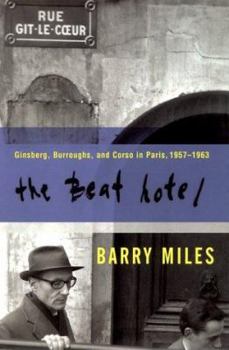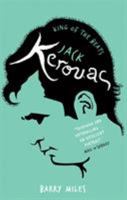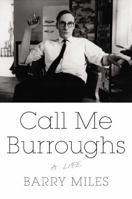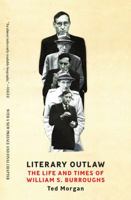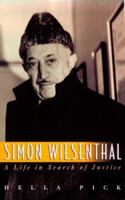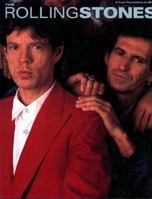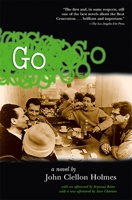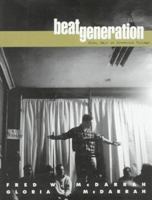The Beat Hotel: Ginsberg, Burroughs & Corso in Paris, 1957-1963
Select Format
Select Condition 
Book Overview
You Might Also Enjoy
Customer Reviews
Rated 5 starsOne-star hotel -- five-star book!
The goings on in this decrepit old Paris Hotel, run by an old French lady who cooked Cassoulets for the guests, were astounding. A gathering point for starving artists, especially planetary beatniks, we discover that the unbridled use of hard drugs and graphic homosexuality were a lot more common than Eisenhower would have let us in America think! *.* This book is a hoot but I want to say up front that it was seriously well-researched...
0Report
Rated 5 starsFascinating, Scholarly Sketch of Literary History
The first time I read this book, I turned back over to the first page and read it again. It was that good. I am a huge Burroughs fan, and I learned a new appreciation for Allen Ginsberg, Gregory Corso and Brion Gysin. The grist of this book provides insight into the day-to-day maze of creativity whose epicenter happened to be Post WWII Paris. If you are looking for a fresh, lively, intelligent glimpse into the creative process...
0Report
Rated 5 starsAmerican Bohemians in Paris
This book is an exploration of the American beat movement during a time period in which most of it major representatives, (not including Kerouac or Gary Snyder) were in Paris at a cheap, nameless hotel located at Rue Git-Le-Coeur, and managed by one Madame Rachon. The hotel was cheap and unsanitary. As long as the guests paid there bills, Madame Rachon allowed them a broad range of freedom in their eccentric lifestyles...
0Report
Rated 5 starsA five-star Hotel.
Miles' book succeeds in answering the question, "What is Beat?" During the years 1958 to 1963, the residents of Nine, Rue Git-le-Coeur were marching to a different beat in Paris. While Camus, Sartre, Beckett, and Simone de Beauvoire were exploring existentialism in nearby cafes (p. 66), the Beats, including Allen Ginsberg, William Burroughs, Gregory Corso, and Brion Gysin were rooming at "The Beat Hotel," engaged in a "sustained...
0Report
Rated 5 starsSex and Drugs and What it Beat
This book is an important, often funny, illuminating look at an extraordinary period in the history of popular culture. It will be enjoyed by anyone with even the slimmest interest in the history of western literature, art and the moral evolution of western man in the waning years of the second millennium. The squalid Paris rooming house at rue-Git-Le-Coeur didn't have a name. It was just an address to which, because...
0Report











